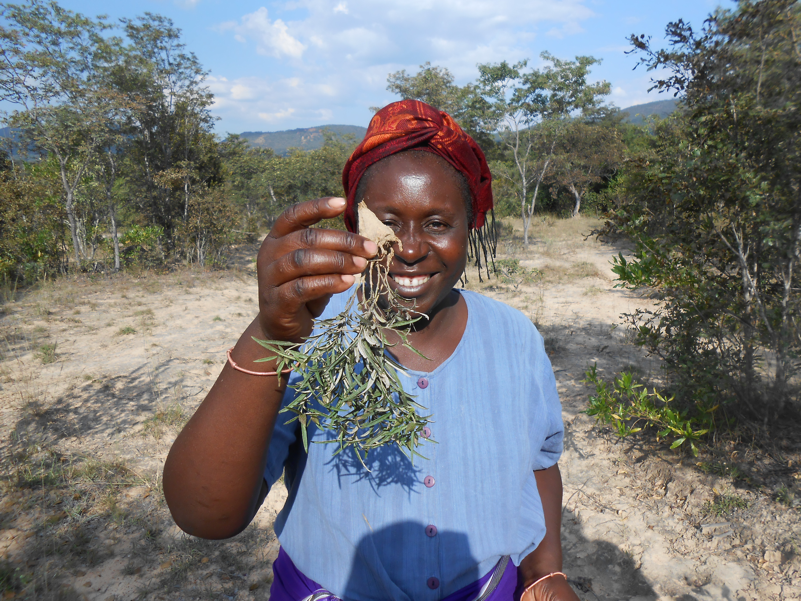Wild land resources as a coping strategy in times of crisis: evidence from Zimbabwe

There is conflicting evidence in the literature about how important wild land resources are during times of crisis (shocks like harvest failure, loss of household labour etc). This paper just out shows that they can be very important, particularly when the shocks co-occur with other crises.
Environmental resources are also critical when region-wide hazards coincide with household-specific shocks.
https://doi.org/10.1016/j.worlddev.2019.104741 [open access]
“Environmental resources are often cited as important for households coping with hazards in the Global South. However, a recent large-scale analysis has challenged the narrative of ‘forest as safety net’. Clarifying this contradiction is important given the anticipated increase in the frequency of severe hazards due to climate change, and also because calls for habitat restoration may drive transformation of resource access in tropical landscapes.
Here we examine the importance of environmental coping strategies to 85 households in Wedza District, Zimbabwe, exploring how the situation of households in different vulnerability contexts shapes dependence on environmental safety nets. We firstly compare recalled responses to two past hazard exposures, the drought of 2002 and the interacting harvest failure and hyperinflation crisis of 2008, to assess how exposure to multiple interacting hazards might alter the coping strategies available to and preferred by rural households. We secondly use scenario exercises to explore why households might or might not choose to adopt environmental coping strategies.
We find that interactions between co-occurring covariate hazards can increase dependence on environmental resources by rendering preferred strategies unavailable, with the proportion of respondent households recalling dependence on environmental resources as a core strategy increasing from 31% in 2002 to more than 50% in 2008. We find also that the co-occurrence of covariate and idiosyncratic hazards, such as incapacitation of the primary income earner during a drought period, can increase dependence on environmental coping strategies. While respondents acknowledge the downsides of environmental safety nets, such as illegality, seasonality, and market unreliability, they still perceive environmental resources to be among the most important strategies. Our results demonstrate the importance of considering the whole vulnerability context when evaluating the importance of environmental coping strategies, in order to avoid underestimating the contribution made by environmental resources to the resilience of rural livelihoods.”
(photo by Rose Pritchard)
(photo by Rose Pritchard)
(photo by Rose Pritchard)
(photo by Rose Pritchard)



